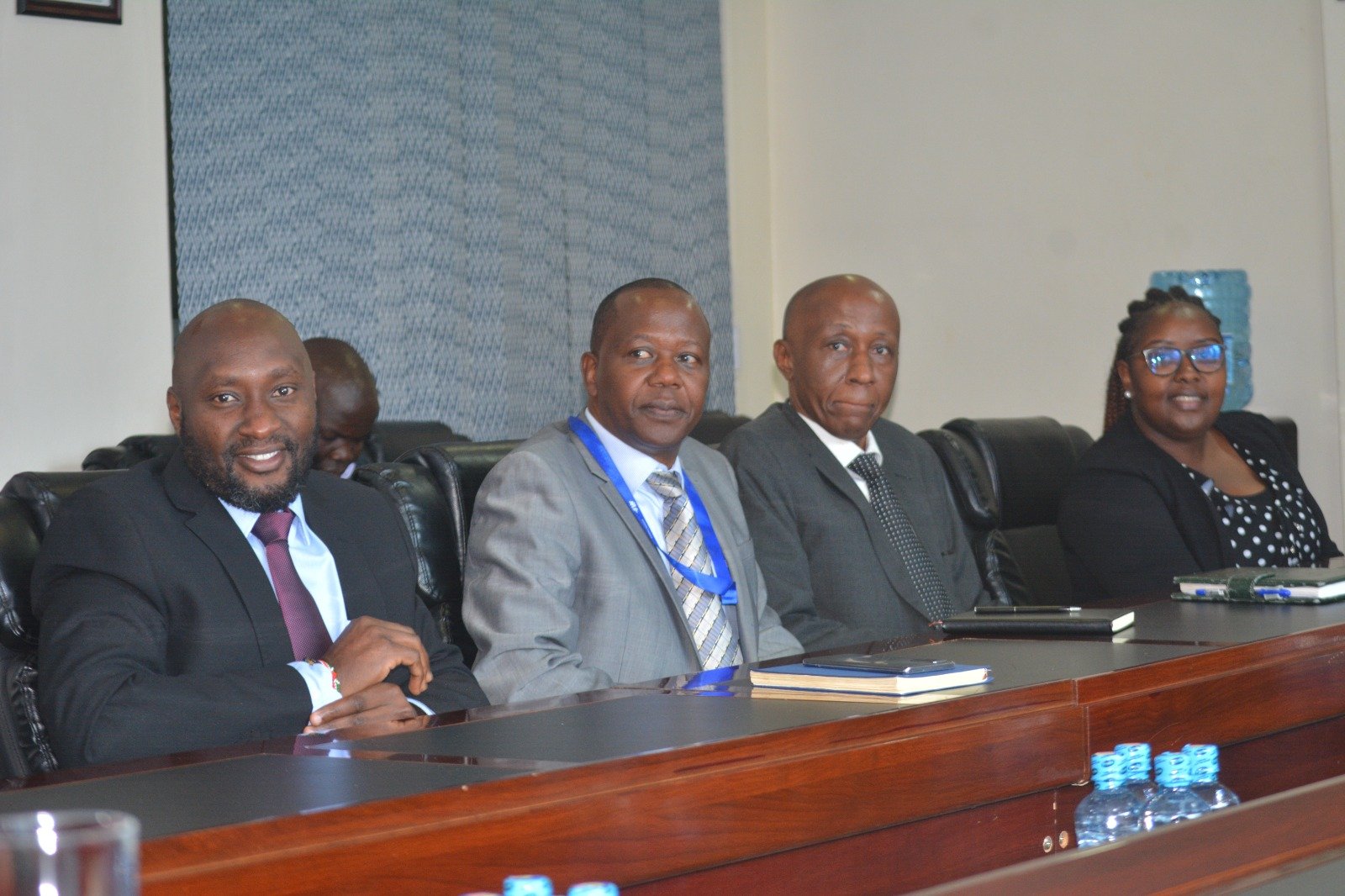Sunday, 18 January 2026

The Githunguri Dairy and Community Sacco (GDC) has secured a Sh500 million financing facility from the World Bank to expand affordable credit access for Kenya’s dairy farmers, marking a major step in strengthening one of the country’s most critical agricultural value chains. The partnership is expected to unlock digital, mobile-based loans that will enable smallholder producers to purchase modern dairy equipment, improve livestock management, and grow their farm enterprises.
The facility, supported through the World Bank’s Safer Fund for MSME resilience, aims to drive post-pandemic recovery by improving financial inclusion in rural dairy communities. More than 38,000 Sacco members—most of them small-scale dairy farmers—stand to benefit directly from short-term working capital loans, equipment financing, and credit for feed and breeding inputs.
“This funding is a game changer for our members,” said Charles Kioko, CEO of Githunguri Dairy and Community Sacco. “By removing traditional barriers to credit and leveraging mobile platforms, we are making it possible for ordinary farmers to invest in productivity upgrades that were once out of reach.”
The financing was facilitated in collaboration with AVLC, a global advisory firm that helped structure and negotiate the credit access under the World Bank’s Safer Fund. The year-long strategic process culminated in a formal agreement signed this week, signaling a new era where local cooperatives can directly tap global financial institutions to support farmer-led development.
Andrew Kanyutu, CEO of AVLC, emphasized the wider significance of the partnership. “This collaboration proves that rural cooperatives are capable of mobilizing global capital to unlock transformation at the grassroots level. Strengthening dairy production capacity strengthens household income, nutrition security, and rural employment.”
Under the agreement, loans will be disbursed digitally with flexible repayment timelines ranging from one to six months—an approach expected to accelerate adoption and reduce administrative friction. The impact of the financing will be evaluated annually, with a focus on productivity gains, member business growth, and overall resilience across the dairy value chain.
The dairy sector remains one of Kenya’s most influential rural economic engines, contributing substantially to household incomes, local employment, and national GDP. By expanding access to modern farm tools, quality feed, and improved herd management, the partnership seeks to boost yields, increase farmgate earnings, and enhance market competitiveness.
With rising domestic demand for dairy products and ongoing national investment in livestock health and supply chain modernization, the Githunguri–World Bank agreement positions Kenya’s dairy sector for stronger, more inclusive growth in the years ahead.